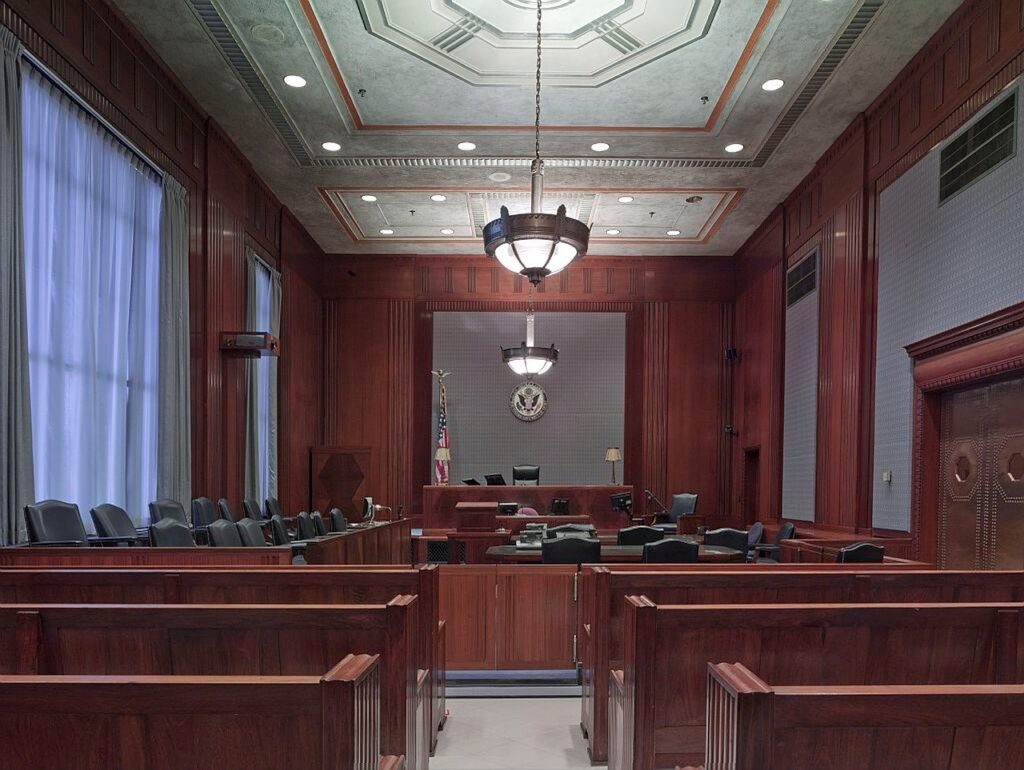In merry olde England, the King was the law. Whatever he said went. Eventually, a second branch of law developed around litigants bringing petitions to the King’s Chancellor, seeking exceptions to the King’s laws. This second branch is the precursor of our present day Chancery Division of the New Jersey Superior Court. The Chancellor was considered to be the “keeper of the King’s conscience”.
In Chancery actions, parties are seeking non-monetary relief, such as an injunction or a judgment of foreclosure. In contrast, the primary relief sought in the Law Division of the New Jersey Superior Court is money damages.
The court seeks to “do equity” in Chancery actions. That includes the application of many equitable maxims in such cases, such as “Equity aids the vigilant, not those who sleep on their rights” and “He who comes into equity must come with clean hands”. A Chancery litigant will seek to argue that the facts of its particular case will merit the application of one or more equitable maxims to the litigant’s benefit.
Aside from foreclosure and suits for injunctive relief, a party may institute Chancery litigation for partition, quiet title, specific performance, reformation of instruments, receiverships, restrictive covenant enforcement, accounting, constructive trust, equitable subrogation, and dissolution of a business entity. Most cases involving real estate are filed in the Chancery Division.
The complaint in a Chancery action may be verified or unverified. Where the plaintiff is seeking issuance of an Order to Show Cause (with or without temporary restraints), the complaint must be verified. In such cases, the Chancery judge will issue the Order to Show Cause setting a date and time for the parties to appear and argue the application. Chancery judges have wide latitude in shaping relief to fit the facts and circumstances of the particular cases before them.
Mr. Whelan has over 30 years experience litigating cases in the Chancery Division. He offers a free initial consultation. Call today.

